Dungeons & Dragons is one of the most collaborative games, and the dynamic between players and dungeon masters is crucial. While no game can be played without a DM, it can make or break depending on the players, which is why one should always strive to be a good player. Good players have thoughtful communication, punctuality, attentiveness, and a willingness to immerse themselves in the world. Above all, a good player makes their dungeon master and other players feel valued and does not put themselves above the needs and feelings of the table. But what are the qualities of a tabletop role-playing player?
Videos by ComicBook.com
A good player possesses many key traits and take actions to better the experience for everyone playing. Whether you are just starting to play Dungeons & Dragons or are a veteran, it never hurts to improve your skills in-game and out-of-game. Here are ten things you can do to be a better, more helpful player in Dungeons & Dragons and other tabletop role-playing games.
Communication

One of the most important aspects of Dungeons & Dragons is communication. This goes for both the dungeon master and the players. So many issues at the center of TTRPG horror stories could be resolved with simple communication. As a player, you should share concerns, what you liked, and most important of all, if you can’t make a session. Nothing is worse than the group showing up to play and one of the members doesn’t show.
RELATED: 7 Reasons to Use the 2024 Rules for Your Next D&D Campaign
Too many dungeon masters and players think of Dungeons & Dragons as a competitive game, when in reality, it is a cooperative one. If you have a concern during a session, don’t be afraid to speak to your DM. Chances are a solution can be found if the problem is addressed, and most times, it is unintentional or can be retconned. Letting it fester will only lead to a bad relationship between a group.
Showing Up On Time
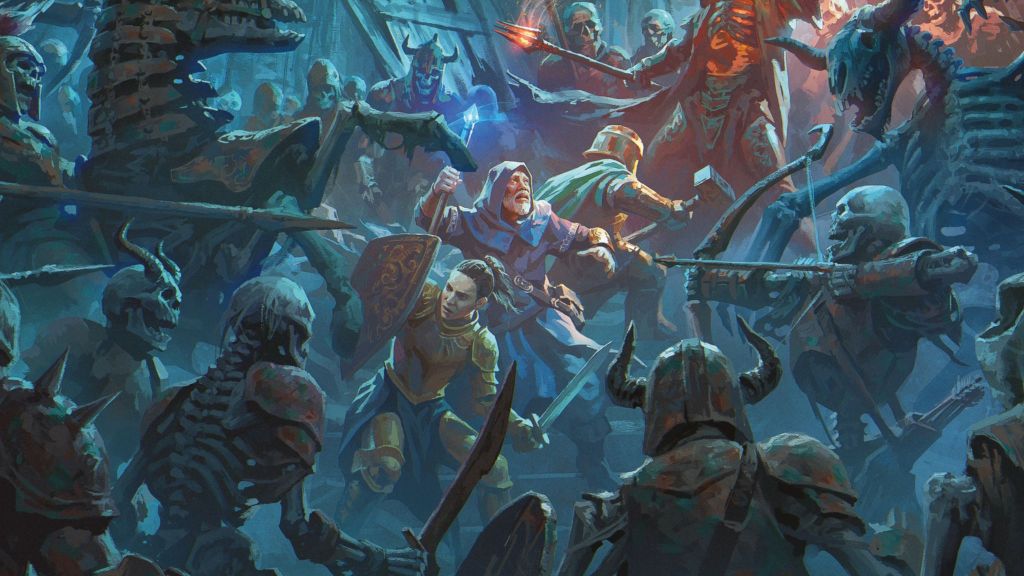
Planning a session is hard, especially if the DM is the only one making an effort. The least players can do is show up on time and be prepared. If you can, try and prevent being late or a no-show. And if this is unavoidable, be sure to inform your group as soon as it seems there may be an issue. DMs put in countless hours preparing for sessions, especially if it is a homebrew campaign. Even learning modules takes time as this allows DMs to be prepared without having to flip through books and pause the action.
Showing up on time means being prepared to play as well. All too often a player will show up, but may not have leveled up their character, forgotten what was happening, or jumped into a Discord call with a “hold on I’ll be right back.” It is frustrating for the DM and other players when one or more players show up late or unprepared. Minimizing this and encouraging your fellow players to be punctual and prepared will make each session more impactful and reduce time recapping or waiting.
Knowing Your Character
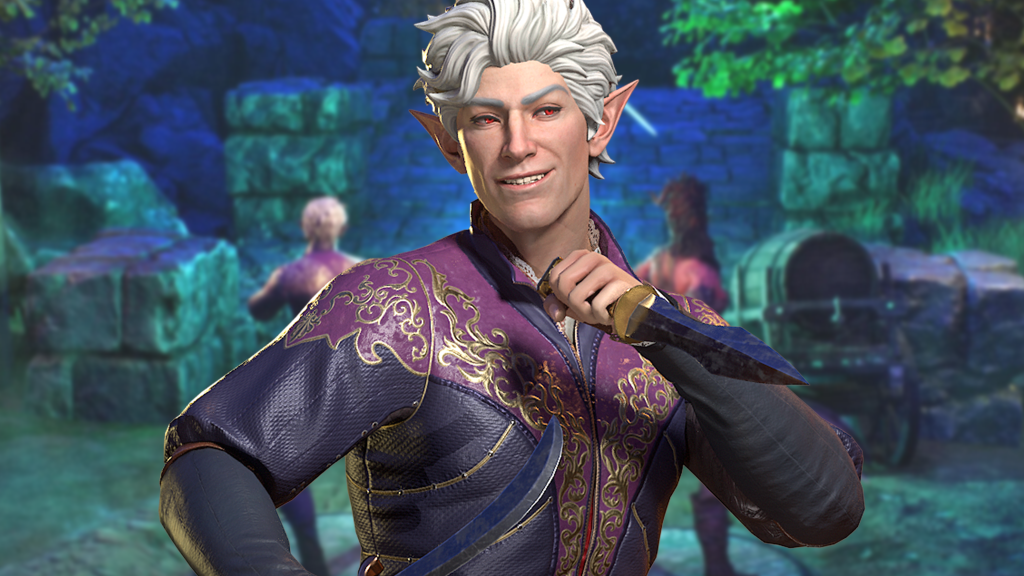
The DM has a lot of responsibility for learning and preparing the game. This includes lore, important NPCs, quests, plot hooks, and so much more. The least a player can do is know their character: both mechanics and background. The best players know their abilities and skills and track their character’s background and inspirations. The DM has enough to do without having to keep track of a player’s character and keep informing them of how it works. Having to stop in the moment to repeatedly look up character-specific information gets irritating for everyone at the table.
RELATED: Dungeons & Dragons Needs to Fix These 7 Monsters in the New Monster Manual
Everyone has heard the dreaded “it’s what my character would do,” but it doesn’t always have to be a bad thing. A player should actively do what their character would do. After all, it is a roleplaying game. Sometimes it is better for the narrative and more immersive to do something detrimental because it is in your character’s nature. Embracing your character is a hard part of D&D, especially when the player doesn’t want to do something the character would. Knowing and becoming your character is the sign of a great player and leads to the most rewarding gameplay.
Sharing The Spotlight
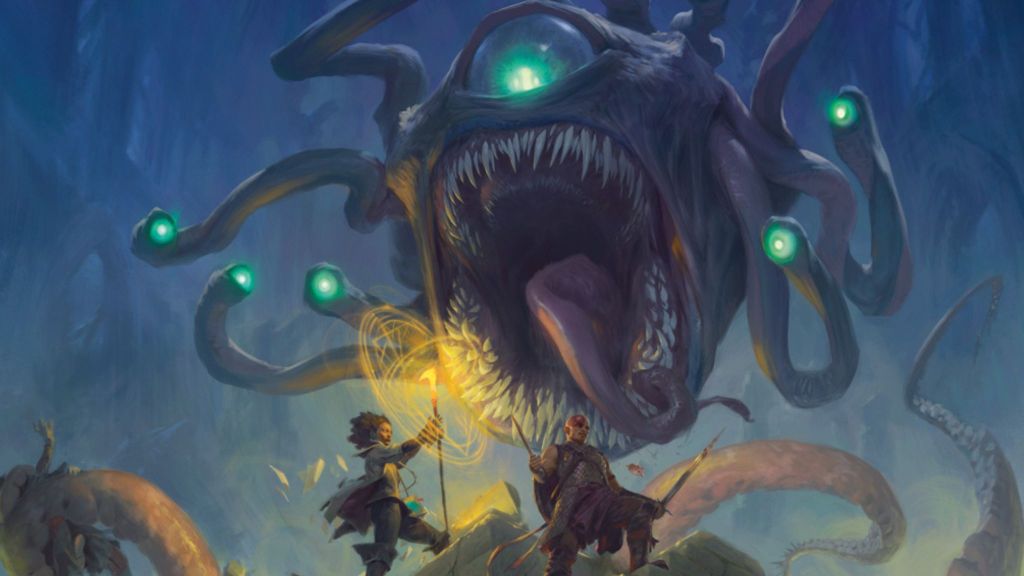
Typically, a group consists of a dungeon master and several players, sometimes with the dungeon master using a DMPC (dungeon master played character). With multiple players, it is important to remember you aren’t the only one at the table. Every player should have a chance to shine. That is why there are so many skills and classes in the first place as no single character can do everything. All too often one player will try to steal the spotlight and force their character into an interaction when they have no business being there.
Knowing when to step back and let other players lead can be challenging, but it leads to an amazing dynamic between the group. Players should encourage each other to roleplay and take charge when it makes sense for their character to do so. Another great way to make each player feel important is to inquire about their character’s background in-game. Taking these moments to highlight another character can lead to so many wonderful moments. Remember, there are no main characters in Dungeons & Dragons. Everyone is a team that should win and lose together.
Paying Attention When It’s Not Your Turn

This one is especially important during combat but applies in social situations as well. D&D 5e combat is notoriously long-winded, especially with multiple players and combatants. But this provides an excellent opportunity to strategize and come up with plans while waiting for your turn. You don’t want to be the player scrolling on their phone and looking up with no idea what is happening when their initiative comes around.
Paying attention when another is talking or acting also shows you care and respect your fellow players and DM. Would you want to be narrating a quest or providing lore, only to look up and see your friends playing a game or browsing social media? Staying attentive not only makes you a respectful player, but it can lead to bursts of inspiration and coordination with another player. If you don’t know what’s happening in combat or during roleplay, you’ll delay the entire table having to be caught up to speed, and this isn’t fun for anyone.
Showing Interest In The World
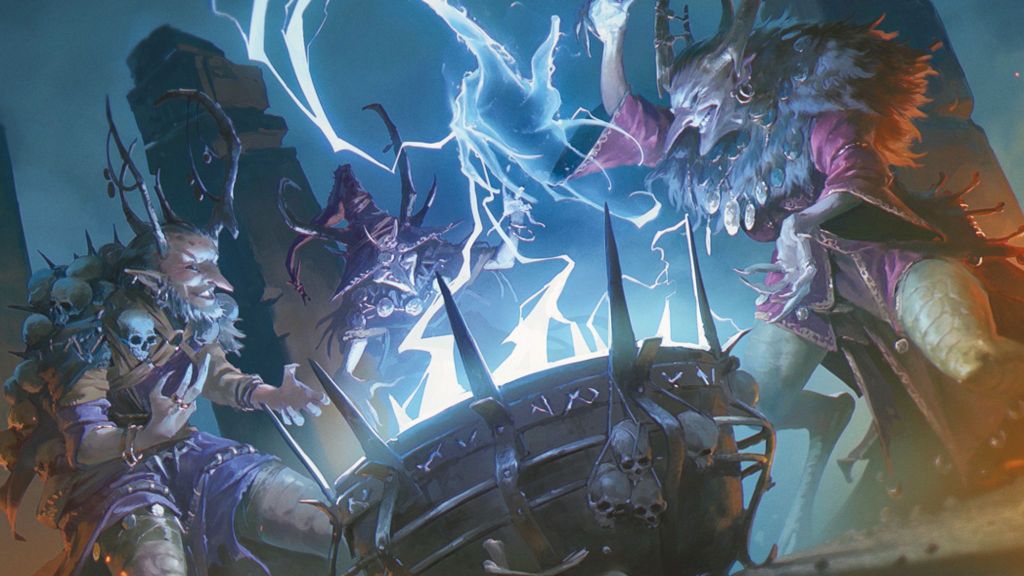
Whether your DM is running a module or their own homebrew world, they have spent numerous hours building or learning the world, NPCs, quests, and adversaries you’ll encounter and explore. A good player doesn’t treat D&D like a video game where the whole world exists to cater to your every desire: as stated above, there are no main characters in D&D. Instead, players should view themselves as a small piece of the world trying to find their way.
RELATED: Top 7 Alternatives to Dungeons & Dragons
Take the time to speak to the NPCs in the world. Intertwine your character’s backstory into the world. Explore the impacts of your character’s decisions and encourage your fellow players to do the same. Take the time to consider the consequences of your actions. These are all small things you can do to show your DM that you are invested in the world they are bringing to life. Expressing interest and wanting to learn more about the world and stories within is the best way to show the DM your appreciation.
Support Your Dungeon Master
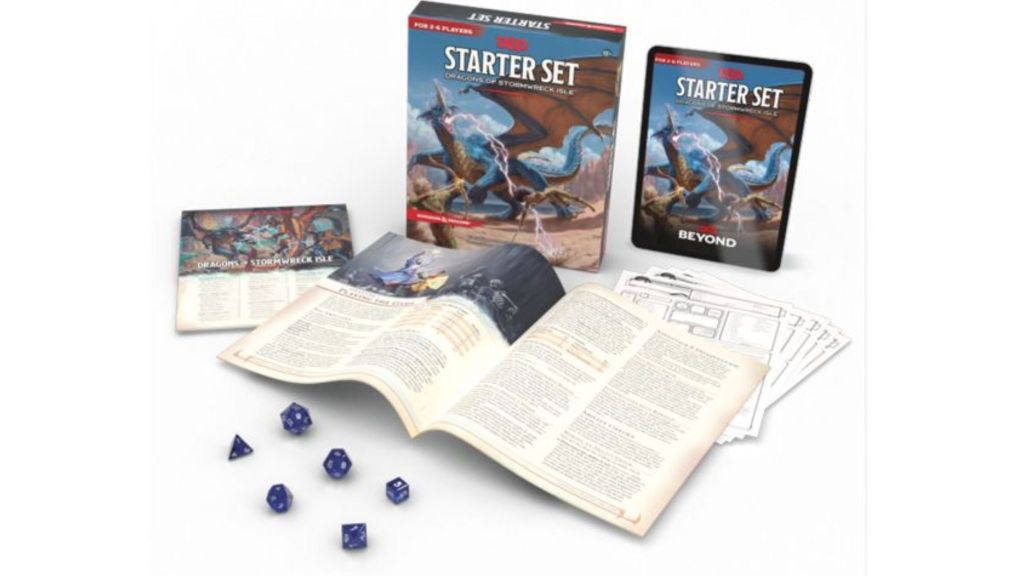
Sometimes players take for granted the work a good DM does. It takes time to learn modules, but sometimes, it also takes money to purchase these or fill a session with miniatures and terrain. You don’t necessarily have to give your DM money, but make sure they know you appreciate their time and effort. If you are feeling generous with your wallet, feel free to pitch in for new adventures you or your DM are interested in.
There are other ways you can support your DM that aren’t financial. Instead of making the DM plan and scheduling sessions, take that over for them. Offer to do recaps of previous sessions. Help other players when they need it so the DM can focus on narration and combat. Invite other players to roleplay or take charge, especially if they are uncomfortable or inexperienced. Being supportive of the DM and the story goes a long way.
Providing Feedback
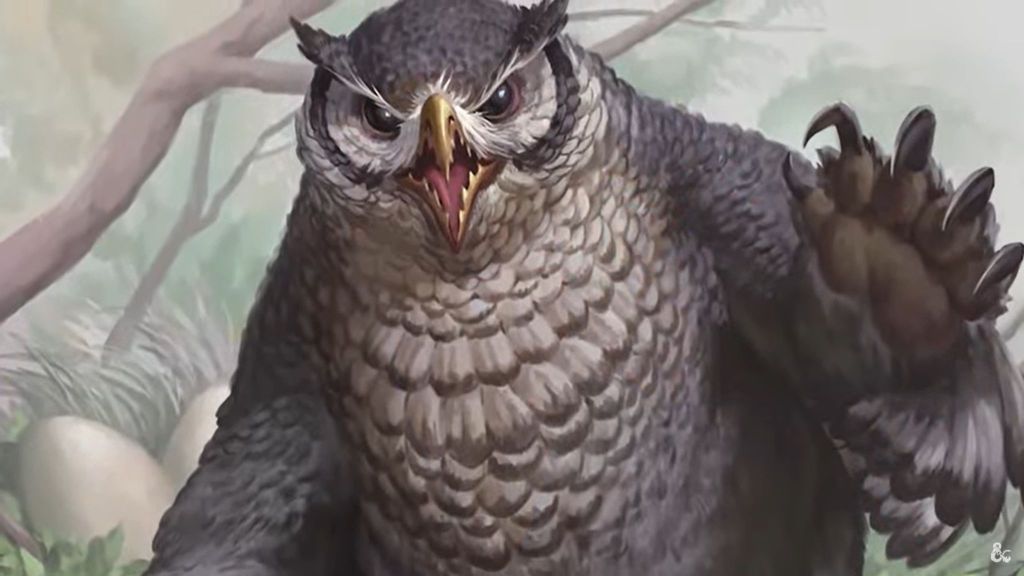
Providing feedback to your DM goes hand-in-hand with communication and supporting them. Take the time after a session to tell your DM if you enjoyed something. Likewise, don’t be hesitant to share something you don’t care for. Most DMs want their players to enjoy a session, so knowing what they did right and what they could improve helps not only you but also your DM for future sessions and campaigns.
Likewise, don’t be afraid to provide feedback to your players. Taking another player aside and saying “I like what you did there” can go a long way toward making others feel more confident in their play. It’s important to ensure your feedback comes across as feedback. You don’t want to bash a DM or player for something as this will come across as hostile and leave them feeling defensive or hurt. Good feedback is crucial, and as long as you deliver it with good intentions, it can enhance a game and a group’s relationship.
Take Notes
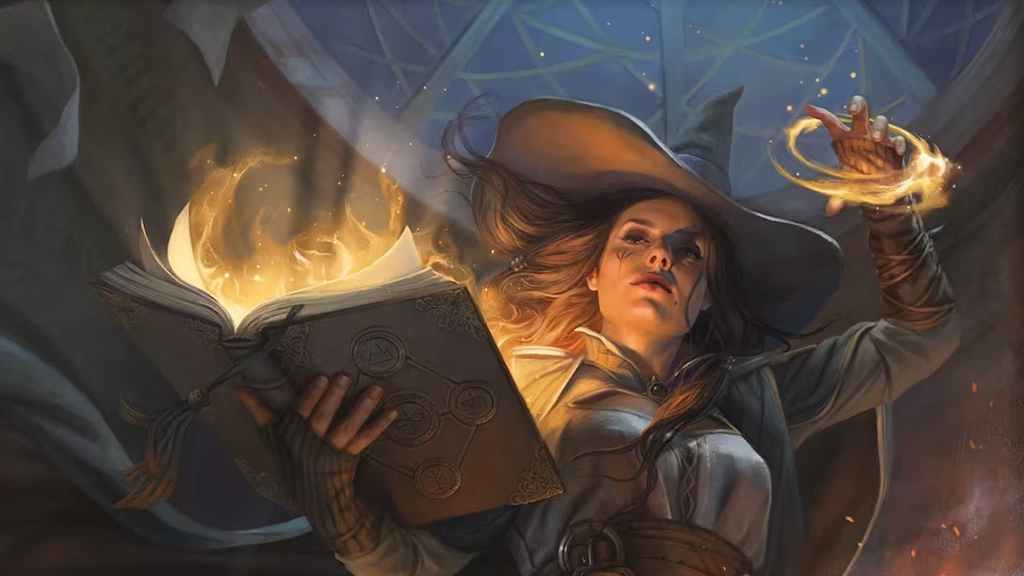
It may seem like a no-brainer, but taking notes is a great way to become a good player. Keeping track of what happened in each session allows you to stay up-to-date and prevents confusion. Good notes can help you stay in character, be prepared for the next session, and so much more. Having notes allows you to be invested in the world, your character, and your fellow players’ characters. Plus, it’s incredibly satisfying to flip to a patch in your notebook and provide a crucial piece of information.
Not only does taking notes help you as the player, but it can help the DM if something comes into question. Chances are, the DM has way more notes than you do as the player, so if you can pull up something that happened a few sessions ago, it saves your DM time and shows you are invested in the game. It’s natural to forget some things or not keep track of every detail, but if each player takes notes it is almost impossible to lose track of an important name or a missing clue to a puzzle.
Bring Snacks
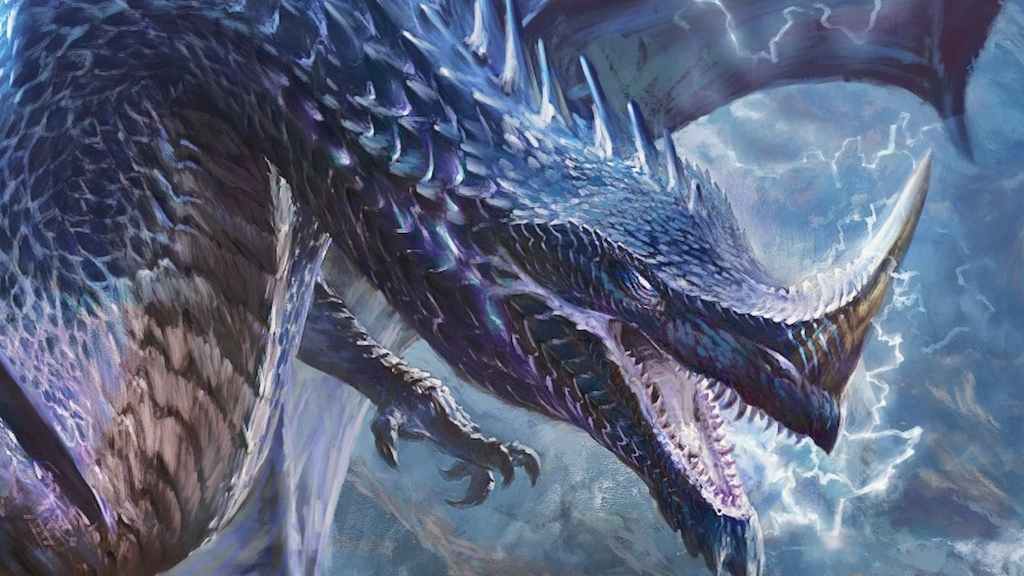
Okay, snacks don’t necessarily have that much importance in the grand scheme of things, but everybody loves food. It can be super helpful, and considerate, if you bring snacks for the group, chip in for pizza, or just bring something for yourself to spare others having to feed you. A great rule that many groups have adopted is that the players provide food, snacks, or beverages for the dungeon master. This isn’t necessary, but it’s almost guaranteed you’ll be one of the DM’s favorite players if you feed them.
In lieu of bringing snacks, planning a group meal or at least chipping in is extremely helpful. Having a predetermined plan for food prevents having to stop the game, or at least reduces the amount of time. Again, jumping in to plan a meal or coordinate snacks takes it off the DM’s plate and lets them better prepare for the session. One player doesn’t have to do everything. The party members could bring various snacks or take turns providing for the group.








